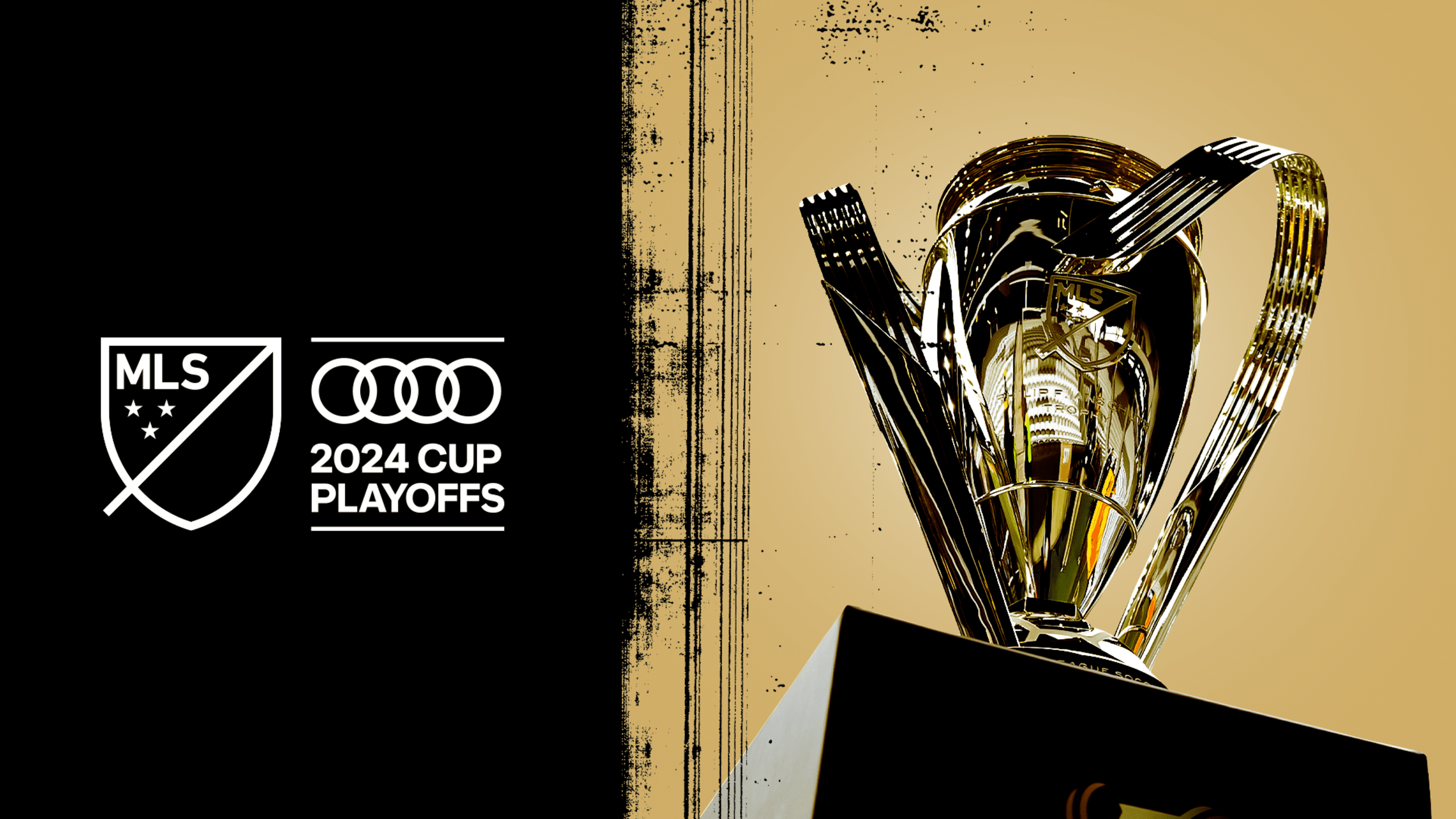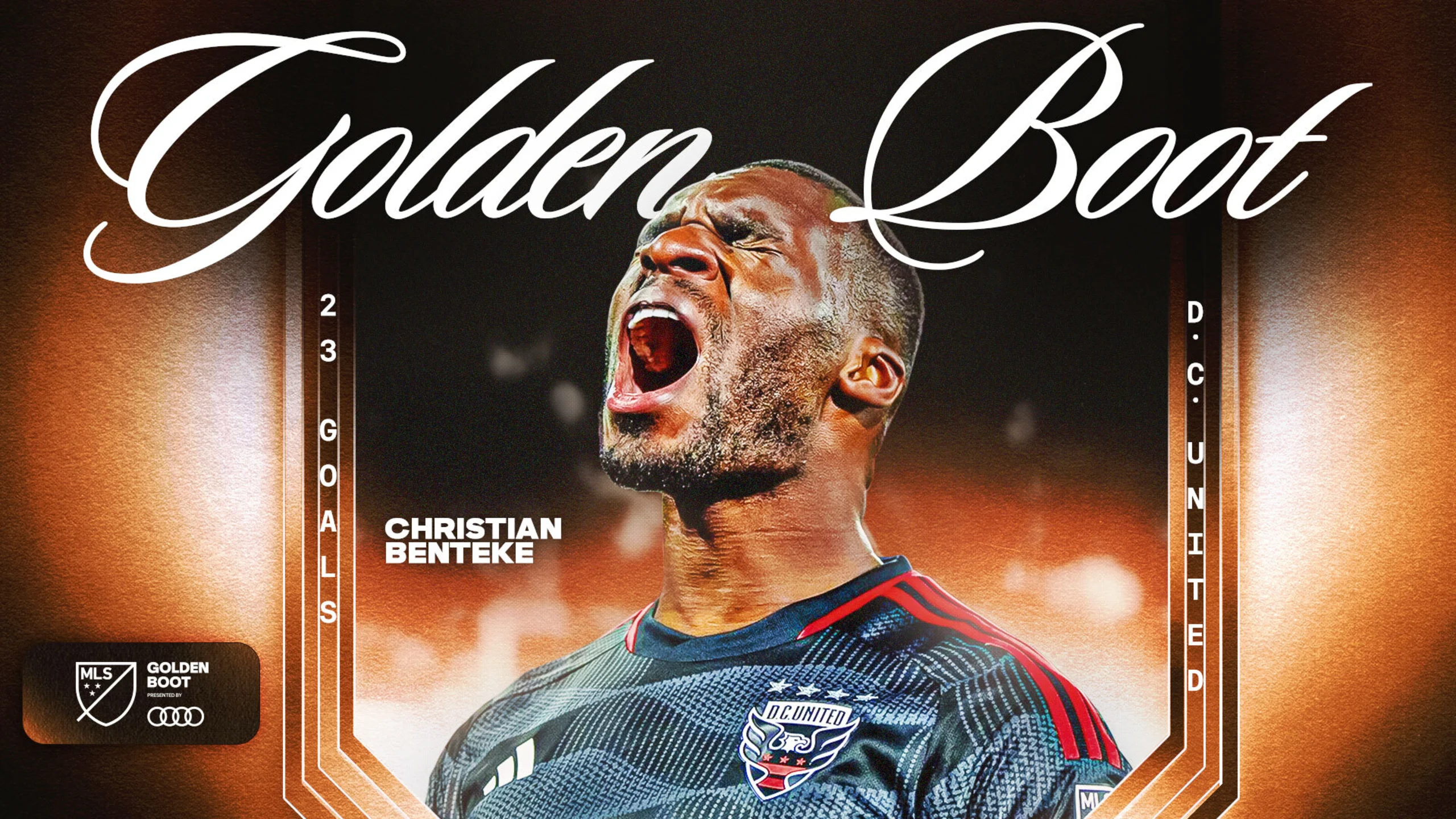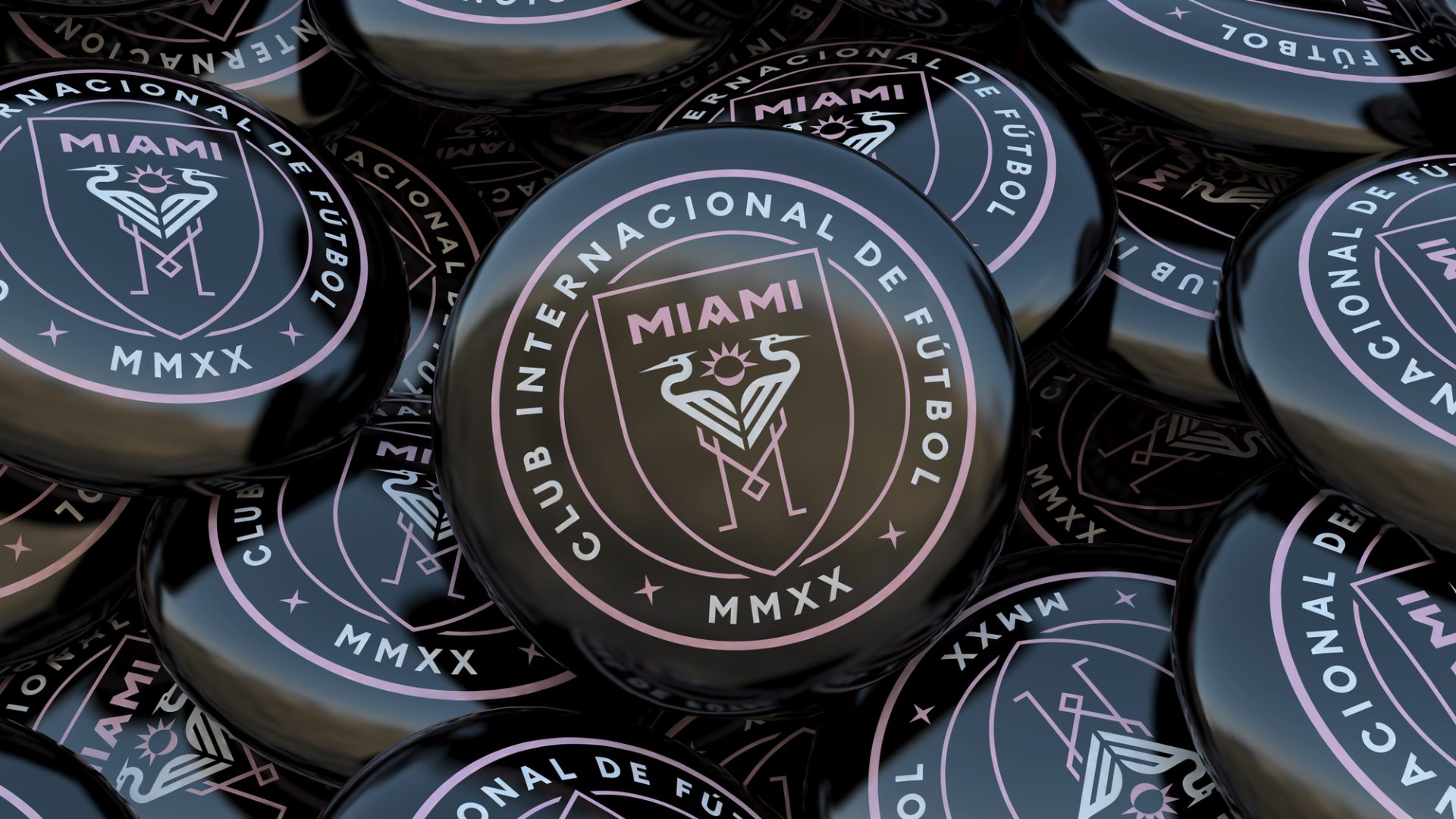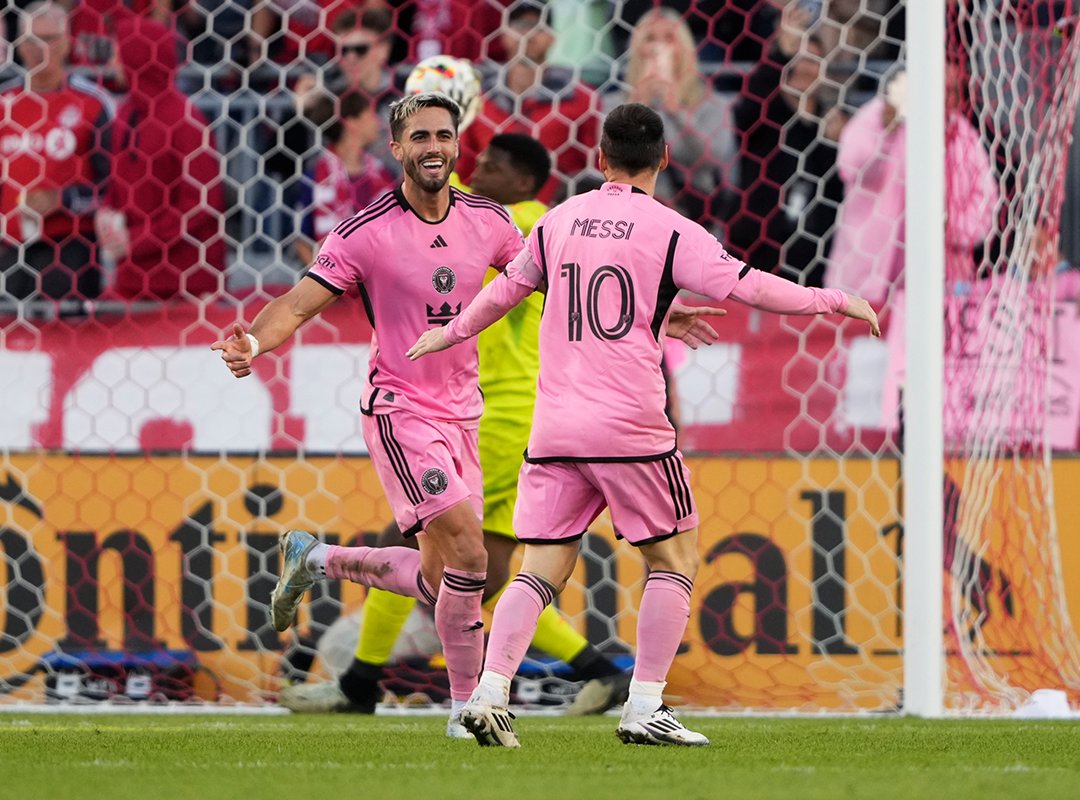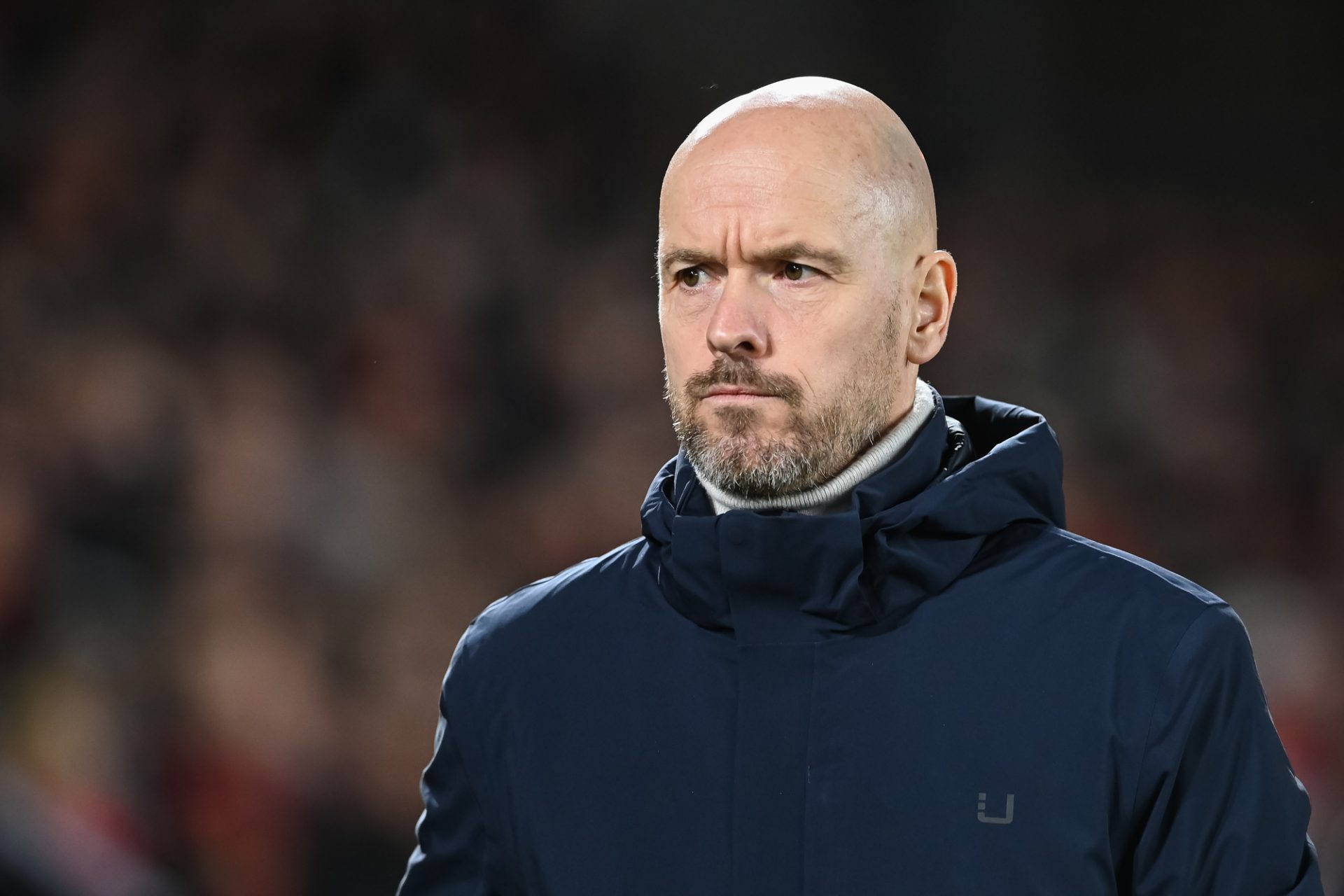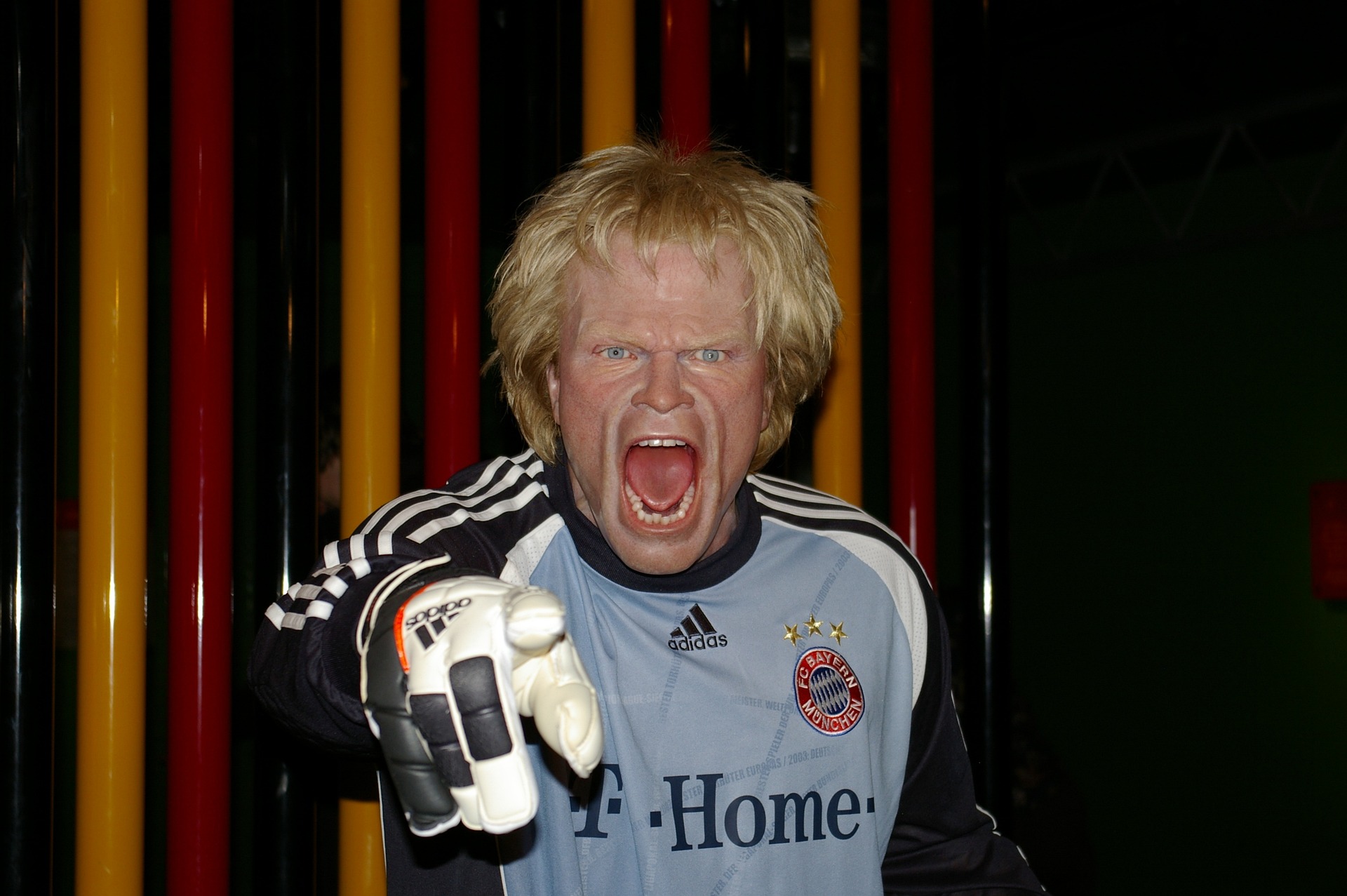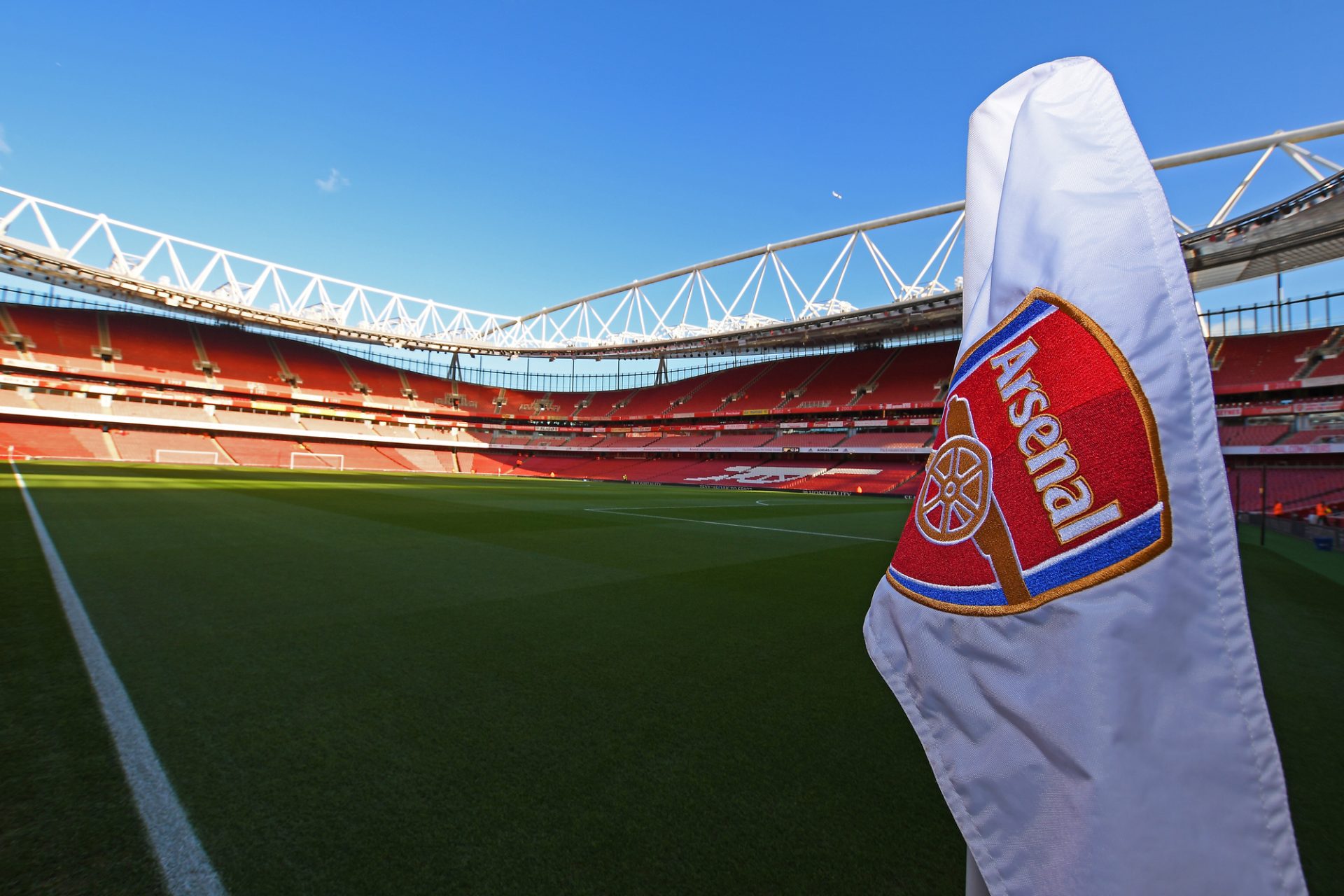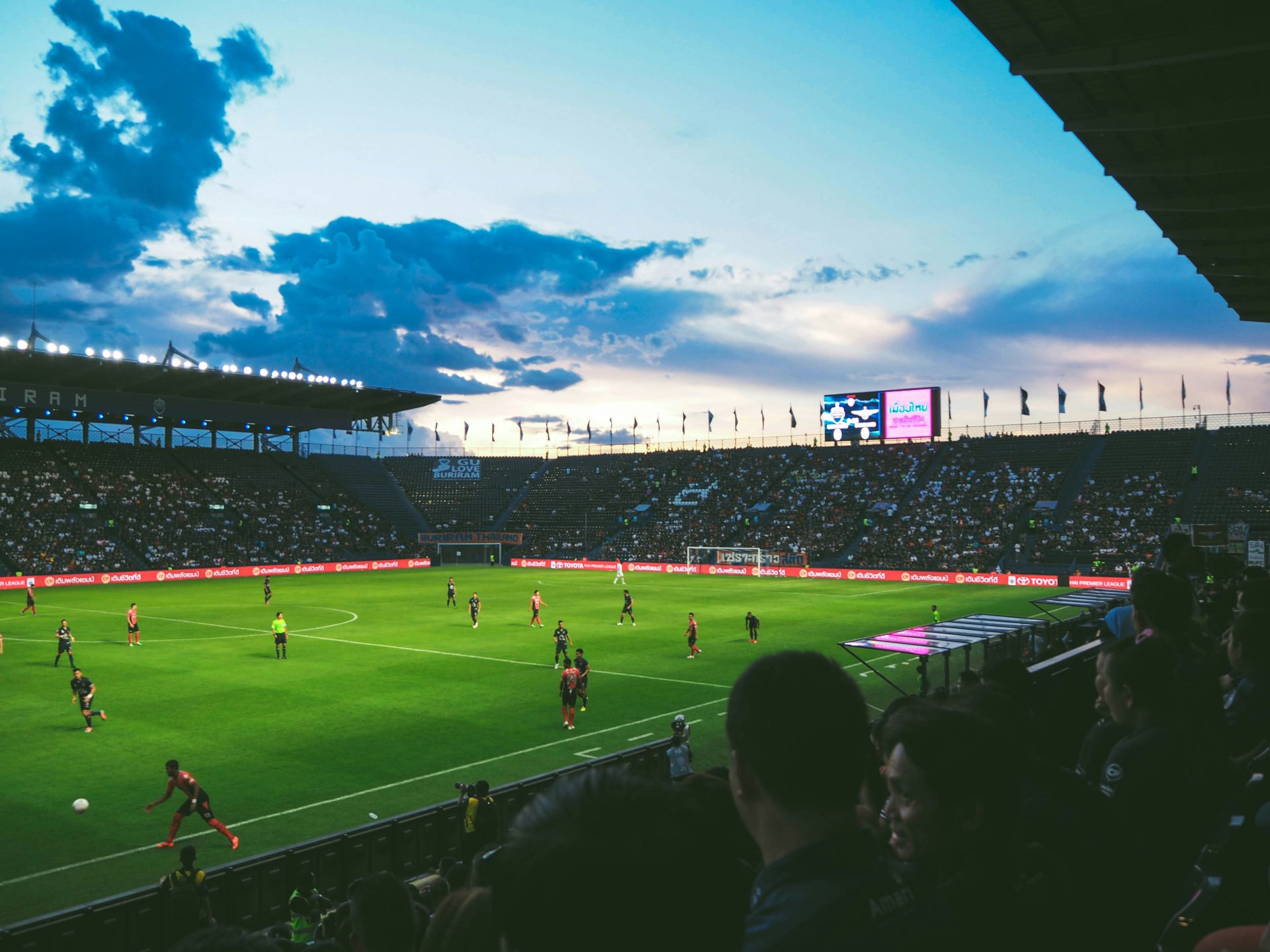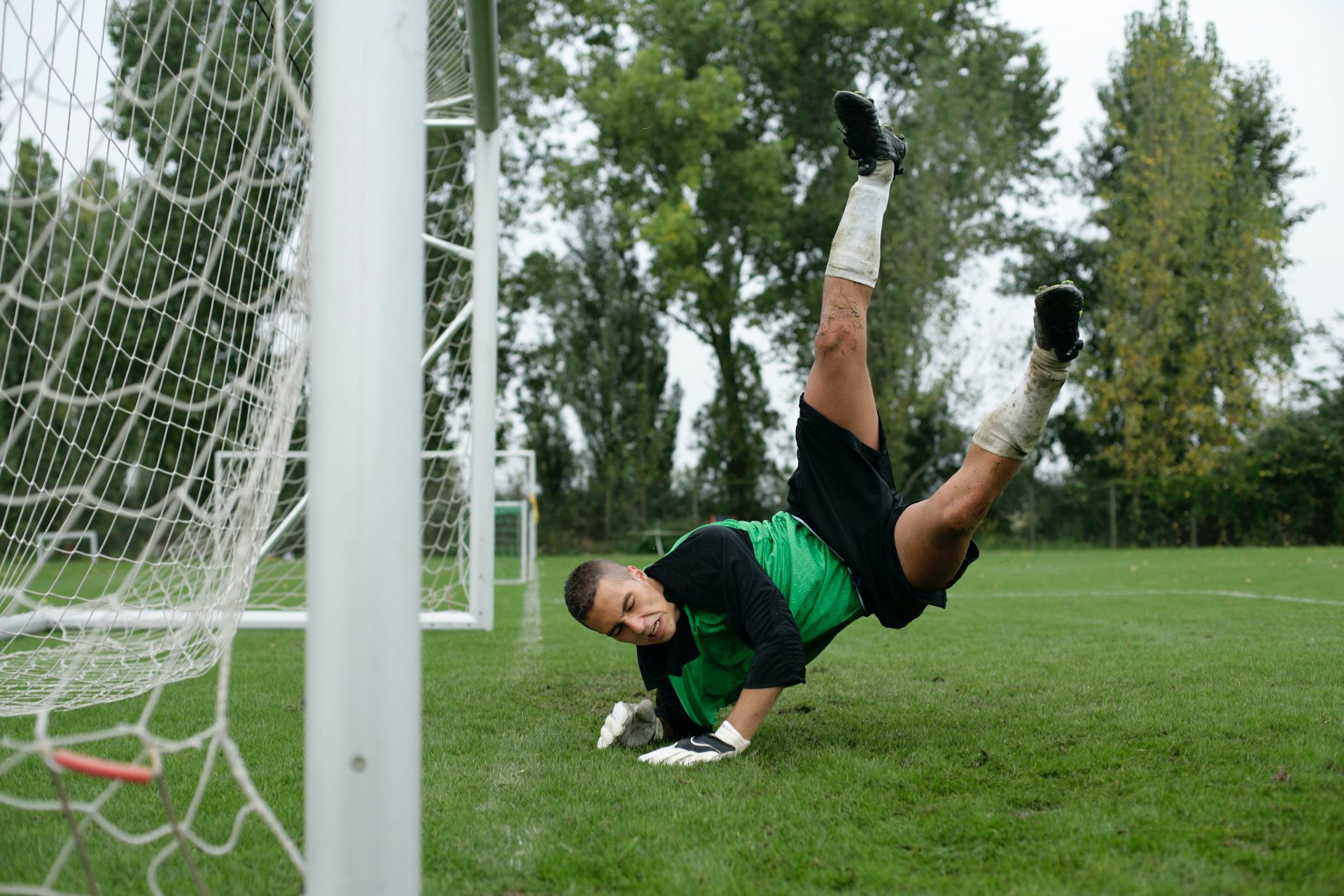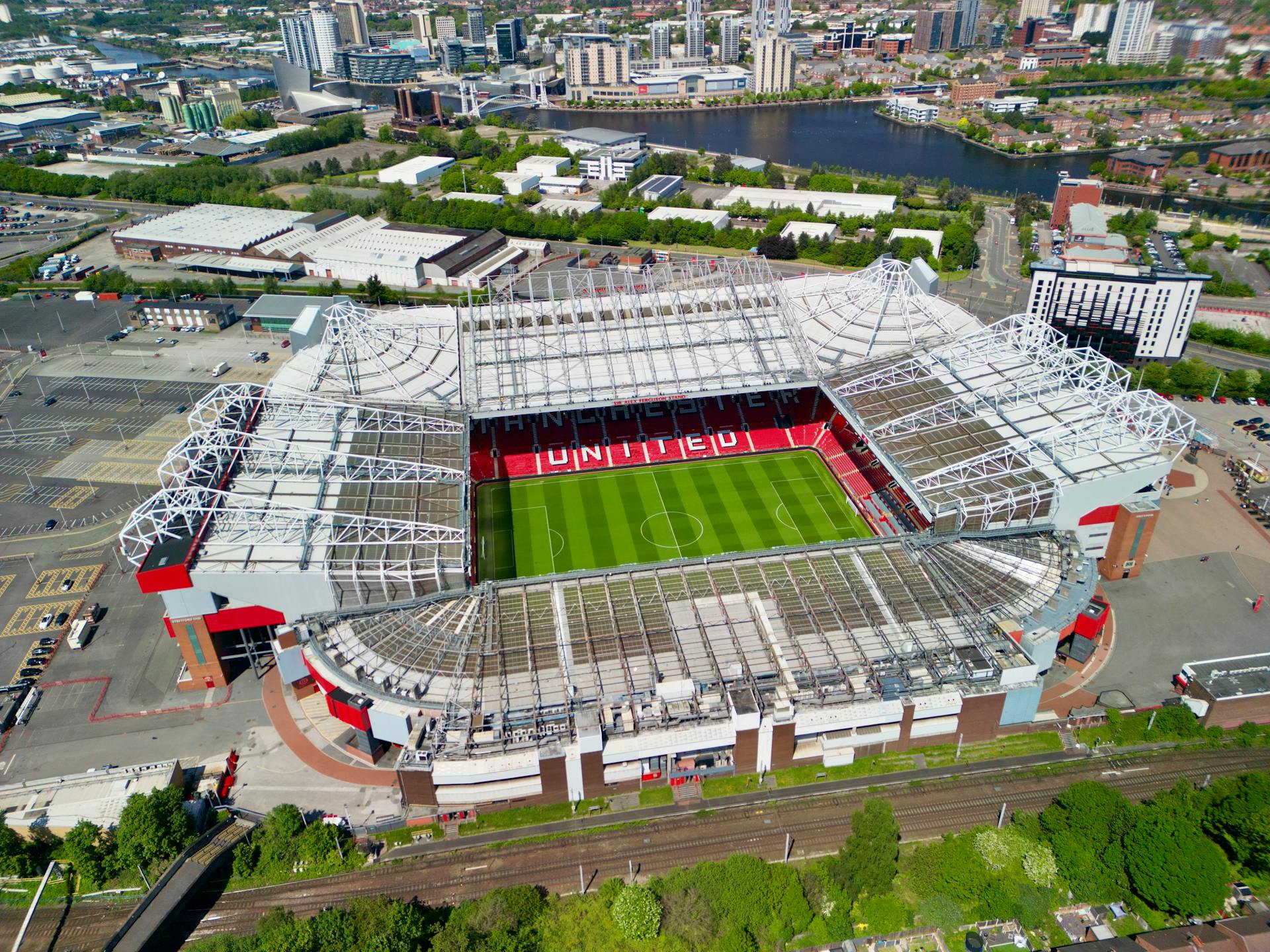Why Does Soccer Not End at 90 Minutes? Understanding Injury Time and Extra Play
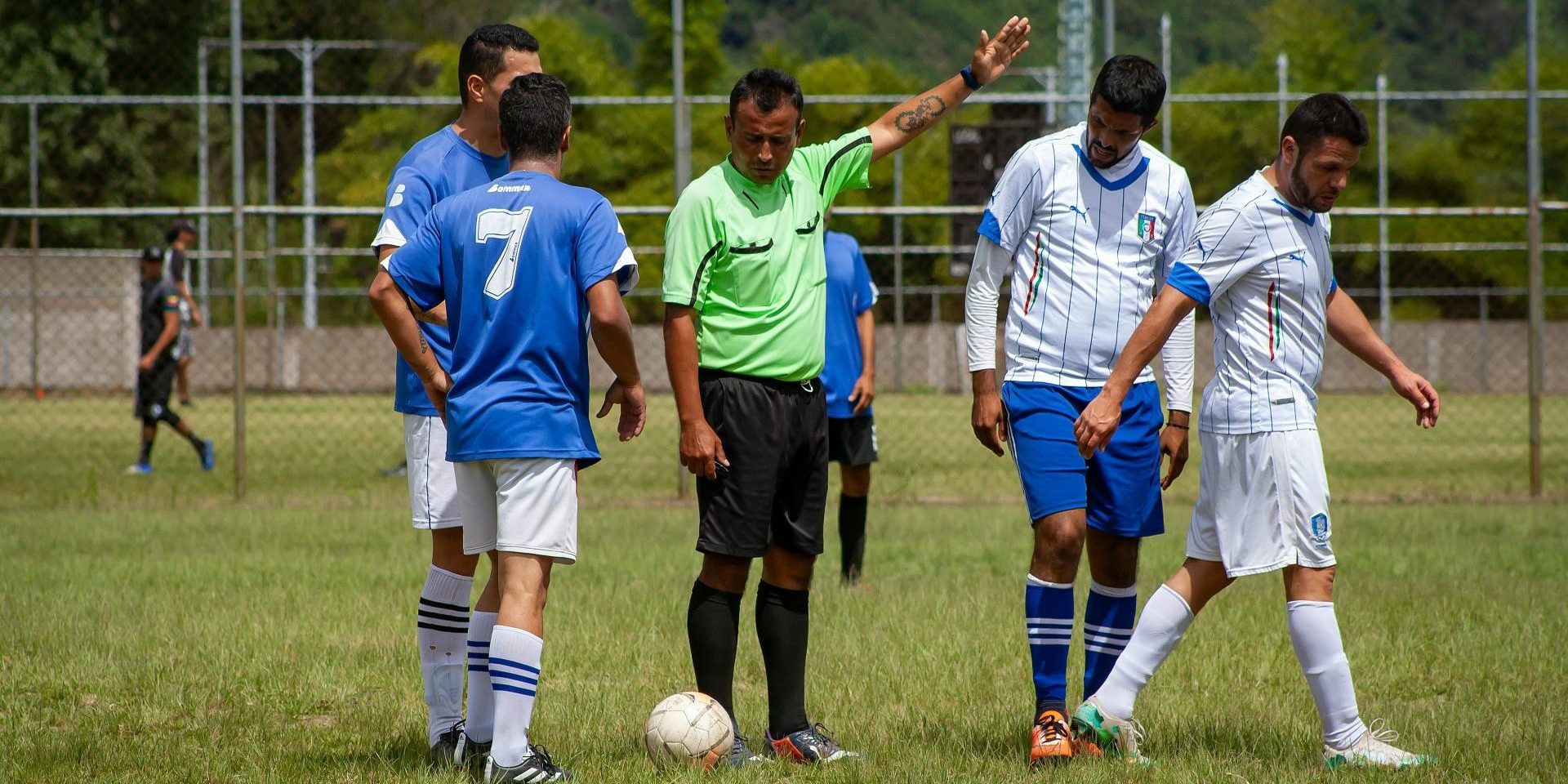
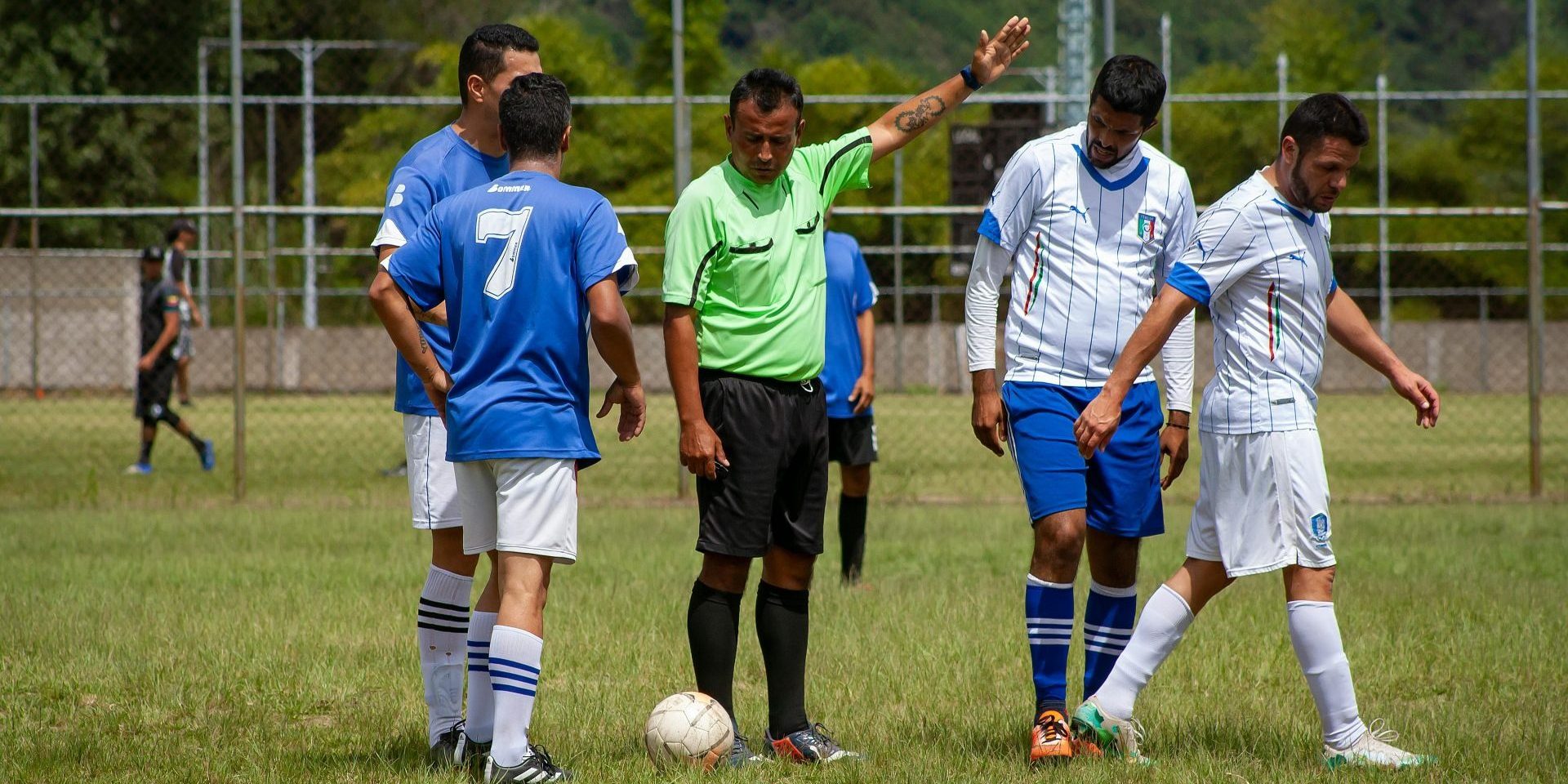
Table of Contents
A soccer match is traditionally understood to last 90 minutes, divided into two halves of 45 minutes each. However, this duration is not absolute and the game often stretches beyond the stipulated time. This extension is primarily due to the nature of timekeeping in soccer, which includes additional time added at the end of each half to compensate for stoppages that occur during regular play. These stoppages can be due to various reasons, including injuries, substitutions, or other interruptions necessitating a pause in the game.
Unlike many other timed sports, the clock in soccer does not stop during such events. Instead, the referee keeps track of lost time and adds it back as ‘added time’ or ‘stoppage time’ at the end of each 45-minute half. The authority to gauge and allocate this extra time rests solely with the match official. The purpose of this additional time is to ensure that the ball is in play for approximately the total time intended by the rules of the game, compensating for moments when play was halted.
The concept of stoppage time recognizes the fluidity of soccer; it maintains the flow of play without the frequent interruptions that halting the clock would cause. It also upholds the principle that each game should have the same active play duration, preserving fairness and consistency across matches. These nuances contribute to the unpredictability and excitement of the sport while ensuring adherence to its formal regulations regarding match length.
Understanding Soccer’s Structure
This section outlines the basic time regulations in soccer, including halves, match duration, and the role of stoppage time, following the official rules and structure of the game as outlined by the governing bodies.
The Basic Rules of Soccer
Soccer, known as football outside of the United States, is a game governed by a set of standardised rules known as the Laws of the Game. These rules are maintained by the International Football Association Board (IFAB) and applied by the Fédération Internationale de Football Association (FIFA). The objective in soccer is to score more goals than the opposing team within the parameters of these rules.
Halves and Match Duration
A professional soccer match is divided into two halves, each lasting 45 minutes. The total regulation time is thus 90 minutes, with a 15-minute halftime interval to allow players to rest and coaches to provide strategic guidance. The structure serves to create a balance between playing time and athletes’ endurance.
Stoppage Time and Its Purpose
Stoppage time, also referred to as injury time or added time, is an additional period that referees add to the end of each half to compensate for delays during the game. These delays can result from events such as injuries, substitutions, or any other incident that causes the match to be paused. The referee calculates stoppage time discretionally, ensuring the actual playing time is as close to 90 minutes as possible. This aspect of the game enforces fairness by making sure teams do not lose playing time due to disruptions.
Components of Time in Soccer
Soccer matches are distinctly structured around a 90-minute playtime, divided into two halves, but the clock’s management often extends this period due to various factors.
The Significance of the 90-Minute Mark
The duration of a soccer match was standardized to 90 minutes, split into two halves of 45 minutes. The 90-minute mark serves as a reference point for the regulation length of the game. However, stoppage time—additional minutes added to compensate for pauses in play—is factored in by the referee. This ensures that the actual playing time reflects as closely as possible the intended 90 minutes of game time, accounting for moments lost to events such as injuries and substitutions.
Clock Management
In soccer, the referee is responsible for timekeeping and has the authority to mark the beginning and end of each half. Soccer does not use a countdown clock; instead, the soccer clock counts up from zero to 45 minutes in each half. At the end of the 45 minutes, the referee adds stoppage time, determined by various delays that occurred during the half. The referee uses a stopwatch to keep track of the elapsed time and stoppage time, which is communicated to the players and audience. After the 90-minute mark and any added stoppage time, the referee signals the end of the match by blowing the whistle.
The Role of Referees in Time Regulation
In soccer, referees are tasked with the precise regulation of game time, ensuring fair play throughout the match.
Referee’s Authority on Time
The referee holds the exclusive authority to control and keep track of the official match time. They use a watch to monitor the passing minutes during a game. Referees are responsible for determining when to start and stop the clock, adhering to the total 90 minutes of regulation time, divided into two 45-minute halves. They also decide on any additional time, known as stoppage time, which compensates for various interruptions during each half.
- Key Aspects of Time Regulation:
- 90 minutes of regulation time divided into two halves
- Stoppage time added for delays and injuries
- Independent tracking per half
Use of Whistle and Watch
A referee signals the start and end of each half, and also the conclusion of stoppage time, using a whistle. This tool is essential for communicating time-related decisions on the field. Alongside the whistle, referees employ a watch, either a wristwatch or a stopwatch, to maintain accurate track of the elapsed time. While the game clock continues uninterrupted during play, the referee’s watch assists in accounting for any lost time due to stoppages.
- Instruments for Timekeeping:
- Whistle: Start/end of play and stoppages
- Watch: Track the duration of each half and additional time
Referees effectively balance the flow of the game with the need for precise time keeping, which is fundamental in the rules and conduct of soccer.
Factors Leading to Additional Time
In soccer, the end of the match doesn’t always occur precisely at 90 minutes due to specific events and actions that necessitate the addition of extra time, commonly referred to as stoppage time or injury time.
Injuries and Substitutions
Injuries to players are one of the primary reasons for additional time in soccer. When a player is injured, the game stops, and medical staff attend to the player, which consumes time. This lost time is calculated and added to the end of the regular 90 minutes. Substitutions can also lead to added time, as the process of player exchange briefly halts play.
Delays in Gameplay
Delays occur for various reasons, including:
- Time wasting: When players intentionally slow down the game, especially if they are part of the team currently in the lead.
- Ball retrieval: Time is added for instances when the ball goes out of play, and retrieving it causes a significant delay.
- Excessively long goal celebrations or other disruptions during the match.
Disciplinary Actions
Disciplinary sanctions, such as issuing a yellow card or a red card, can cause the game to stop briefly as the referee deals with the situation. These pauses, while typically shorter in duration, contribute to the total stoppage time added by the official at the end of each half.
Stoppage Time Across Soccer Variations
In soccer, the end of the match is not signaled at precisely 90 minutes due to the incorporation of stoppage time, which caters to interruptions that occur during the halves. This additional time ensures that the actual playing time is as close to 90 minutes as possible.
Professional Soccer and Stoppage Time
In professional soccer, the referee adds stoppage time at the end of each 45-minute half to compensate for delays caused by player substitutions, injuries, and other disruptions such as goal celebrations. For instance, during matches in the UEFA Champions League, stoppage time is carefully determined and communicated by the fourth official, impacting the total length of the game. The added minutes are critical, especially in tightly contested fixtures like a Champions League final, where every second can make a difference in the outcome.
Key Factors Affecting Stoppage Time in Professional Soccer:
- Player substitutions
- Injury treatments
- Goal celebrations
- Delays due to disciplinary actions
International and Tournament Adjustments
During major international tournaments like the FIFA World Cup, the rules for stoppage time remain similar to those in professional soccer, but the intensity and significance of matches often lead to more strategic use of time, including stoppage time. Additional periods, known as extra time, may also be used in knockout stages if the scores are level after the regulation 90 minutes plus stoppage time. Here, two 15-minute halves are played, and if there’s still no winner, the match is decided by a penalty shootout. The careful adjudication of stoppage and extra time is crucial in these prestigious tournaments, shaping the narratives of soccer history.
Adjustments for International and Tournament Play:
- Stoppage time maintained as in regular professional matches
- Extra time added in the event of a draw in knockout rounds
- The possibility of a penalty shootout following extra time in tied matches

